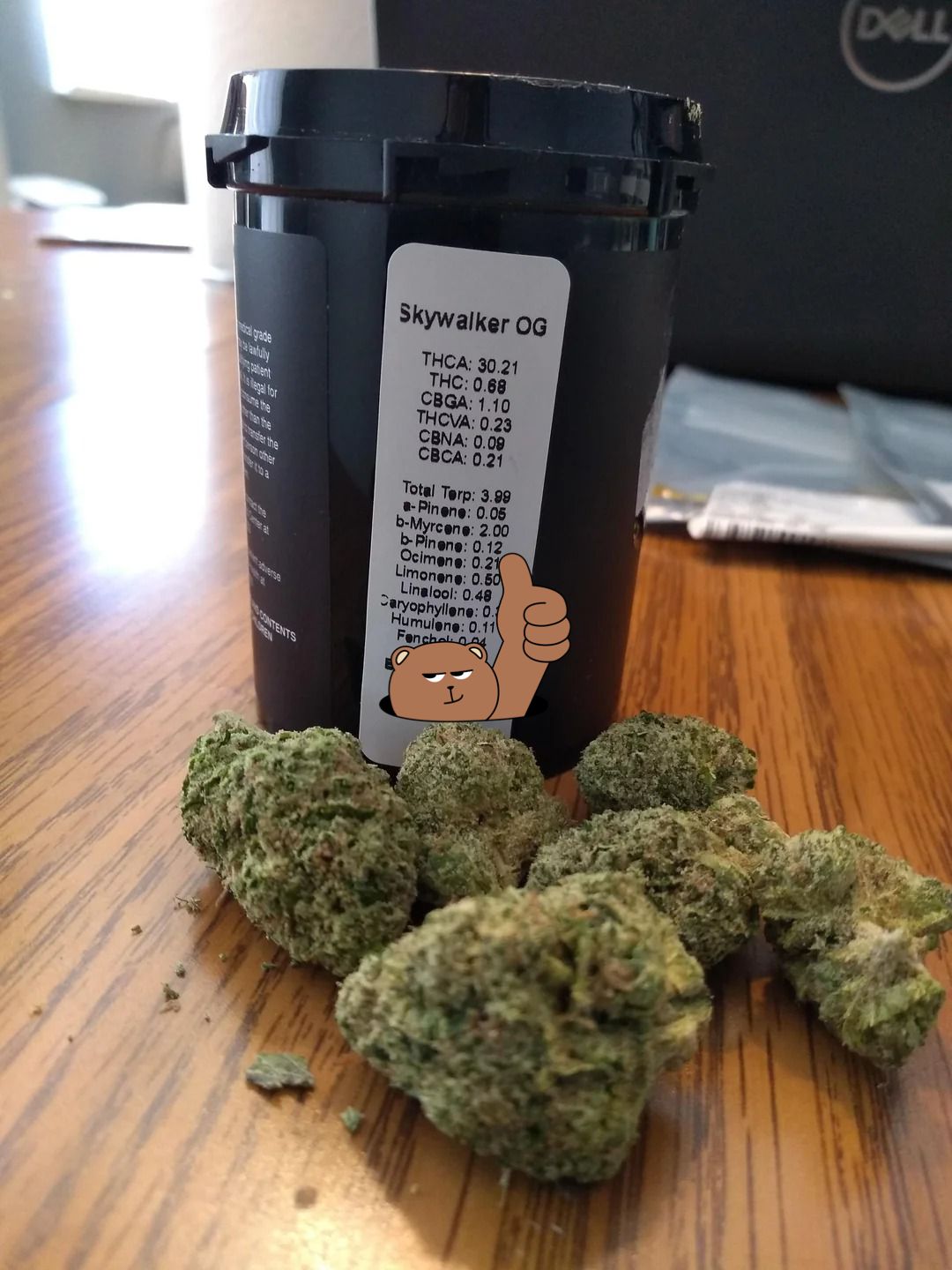Weed in Toledo: A Glimpse into Cannabis Culture in Central Spain

Toledo, the historic capital of Castilla-La Mancha in central Spain, is renowned for its medieval architecture, its rich cultural history, and its status as a UNESCO World Heritage Site. While the city is more famous for its heritage and scenic beauty than its cannabis culture, the growing interest in cannabis, both for medicinal and recreational use, is slowly making its way into the public consciousness in Toledo. In this article, we will explore the cannabis scene in Toledo, examining the legal framework, changing perceptions, and the growing popularity of CBD products.
The Legal Landscape of Cannabis in Toledo
In Toledo, as in the rest of Spain, cannabis remains illegal for recreational use. Additionally, the sale and trafficking of cannabis are criminal offenses, with penalties ranging from fines to imprisonment on weed in Toledo.
However, there is a gray area in Spanish cannabis laws that allows individuals to grow cannabis for personal use. This means that residents of Toledo can legally grow cannabis for their own use, provided they adhere to these regulations.
One unique aspect of Spain’s cannabis culture is the presence of cannabis social clubs, which have gained traction in cities across the country. \While cannabis social clubs are not as widespread in Toledo as in cities like Barcelona, there is growing interest in these clubs as more people look for safe spaces to consume cannabis away from the public eye onweed in Toledo.
Shifting Attitudes Toward Cannabis Use
However, public attitudes toward cannabis are gradually shifting, especially among younger generations. Many young people in Toledo are now more open to cannabis use and view it as a personal choice rather than a criminal activity.
In 2018, Spain passed legislation legalizing medical cannabis, allowing patients with conditions such as chronic pain, epilepsy, and multiple sclerosis to access cannabis-based treatments. This move has helped normalize cannabis and has contributed to a broader understanding of its potential benefits, both medicinal and recreational on weed in Toledo.
As cannabis use becomes more accepted in Spain and across the world, public opinion in Toledo is evolving. The younger demographic, in particular, is more likely to view cannabis as part of mainstream culture. Many people are now advocating for its legalization or regulation, viewing it similarly to alcohol or tobacco. As attitudes continue to shift, cannabis is increasingly seen as a legitimate part of modern society rather than as a taboo substance on weed in Toledo.
The Rise of CBD Products in Toledo
One of the most significant trends in Toledo, and Spain as a whole, is the growing popularity of CBD (cannabidiol) products.Instead, CBD is known for its therapeutic effects, including its ability to reduce anxiety, alleviate pain, and promote better sleep.
CBD products, such as oils, tinctures, creams, edibles, and capsules, are becoming increasingly available in health shops, wellness centers, and even pharmacies in Toledo. These products are legal in Spain as long as they contain less than 0.2% THC, making them accessible to a wide range of consumers. Many people in Toledo are turning to CBD products for their natural health benefits, especially for conditions like stress, anxiety, and chronic pain.
While recreational cannabis remains illegal in Toledo, the increasing acceptance of CBD products and the growing interest in cannabis for medicinal purposes signal a positive shift in public perception. As attitudes toward cannabis continue to evolve, Toledo may become more open to cannabis-related businesses and activities in the future.
If Spain moves toward broader cannabis legalization, Toledo could see a growth in cannabis-related businesses, including wellness centers, dispensaries, and cafes. Cannabis tourism, which has gained popularity in other parts of the world, could also become a new avenue for the city’s economy, drawing visitors interested in exploring cannabis culture in a more regulated, legal environment. Toledo’s unique blend of history, culture, and modern-day interest in cannabis could position it as a desirable destination for cannabis enthusiasts.
Conclusion
While cannabis use remains illegal for recreational purposes in Toledo, the growing interest in CBD products and the shifting public perception of cannabis use point to a gradual change in attitudes toward cannabis in the city. As the legal landscape evolves and the acceptance of cannabis continues to grow, Toledo could become part of Spain’s broader movement toward cannabis reform. Whether through the increasing demand for CBD products or the potential for future cannabis-related businesses, Toledo may one day find itself playing a role in the future of cannabis culture in Spain.

Skywalker product exceeded my expectations in both potency and purity, I really appreciated the discretion and professionalism in the delivery process , you can reach to him on Telegram t.me/skywalkerOG_1 and also there email realskywalkerog1@gmail.com
“Man, that skywalker OG you gave me last night was fire. Smoothest smoke I’ve had in months.”

Great service, easy to work with and I’m very satisfied. I’m so happy I found skywalker here. He is super responsive, on time and the quality of weed he sells are serious on point and top notch.